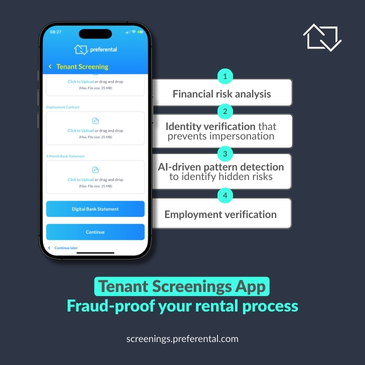SA’s Property Sector turns to PropTech to navigate economic challenges
The South African property sector, much like many other industries, is currently facing significant challenges. Credit impairments at one major bank surged by 57% in the first half of 2023, largely due to higher interest rates, elevated inflation, and severe power outages. Another bank reported an 80% increase in net credit impairment charges on gross loans and advances, amounting to R6.4 billion in the financial year ending February 2023.
However, Grant Phillips, Group CEO of fintech company e4, believes these challenges shouldn’t be a long-term concern. Phillips, with over 20 years of experience in the PropTech field, recognises that the property sector operates in cycles. He states, “We expect the market to be a bit slower for around 18 months before it turns again. Yes, buyers, lenders, and all role players are feeling the pressure, but now is the ideal time to take advantage of the downturn to optimise processes and get ready for the next upturn.”
One way to seize this opportunity is by embracing PropTech, a broad category of technology that aids individuals and companies in buying, selling, and managing property. Local experts believe that PropTech adoption could be the sector’s saving grace, and international interest is surging. The 2022 PropTech Annual Barometer indicates “remarkably high” investment in the PropTech sector. This investment boom is not surprising, considering that 80% of companies using PropTech, according to the 2020 Barometer, reported a positive impact on operations and services, with 70% benefiting from improved decision-making and financial outcomes.
e4, founded over two decades ago to streamline the home buying process by connecting lenders with attorneys and conveyancers, remains deeply committed to PropTech. While retaining its core focus, e4 has expanded its portfolio to offer a wide range of solutions and products. Phillips explains, “We provide a digital ecosystem for the home buying process where all stakeholders can communicate digitally to facilitate the transaction, from the lender and buyer to the conveyancer, rates council, and deeds office. In a nutshell, our role is to decrease the amount of time it takes from the offer to purchase until the buyer moves in.”
By leveraging advanced analytics and automation to validate data, traditionally a labor-intensive process, e4 has significantly reduced the lead time in property transactions. The company actively collaborates with clients to understand their pain points and customises its offerings to address their specific needs.
Moreover, e4 has repurposed its early-stage technology to develop solutions catering to various sectors. As a result, it has become a central player in numerous transactional ecosystems and expanded its international footprint. In the UK, e4 has partnered with the second-largest lender to create a similar digital ecosystem for the home buying process.
Recently, e4 announced its acquisition by a consortium led by independent private equity fund manager Infinite Partners, valued at over R1 billion. Phillips views this acquisition, along with revenue diversification and geographic expansion, as clear indicators of PropTech’s upward trajectory, even in the face of property industry challenges.
In conclusion, Grant Phillips urges industry players to embrace PropTech as a fundamental component of their business models. By doing so, they can enhance efficiency, profitability, and customer satisfaction. He advises utilising this period of slower market activity wisely to prepare and gain a competitive edge for when the market regains momentum.






.avif)

.avif)


.avif)

.avif)




.svg)


.avif)

.avif)







%20.avif)








.avif)
%20.avif)
